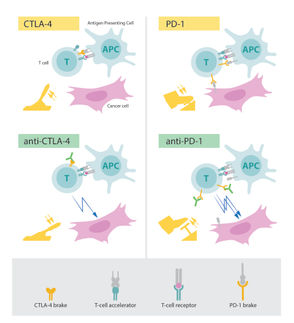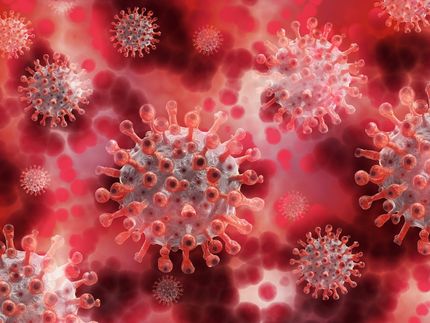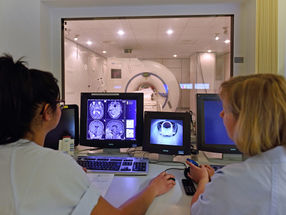Innogenetics announces positive results in pivotal preclinical study in sepsis
Advertisement
Innogenetics today reported the results of its pivotal preclinical evaluation of a proprietary anti-inflammatory monoclonal antibody, INNO 202, for the treatment of severe sepsis. The very positive results achieved in a clinically relevant animal model open the prospects for clinical trials in humans in the near future.
Sepsis is a common, frequently fatal clinical condition of which the incidence has increased dramatically over the last two decades to become the tenth leading cause of death in many developed countries. Sepsis is the primary cause of death in intensive care units (ICU), and is associated with very high healthcare costs. Recent estimates indicate a figure of approximately $17 billion/year in the USA alone. Unfortunately, despite some advances in therapy and supportive care, the condition remains a major cause of illness and death, with a pressing need for new and more effective treatments.
According to Professor Lyle L. Moldawer of the University of Florida College of Medicine (Gainesville, Florida, USA), a recognized expert in the sepsis field who actively participated in the study: "Within the context of previous anti-inflammatory sepsis trials, the present results offer a strong indication that INNO 202 could represent a potentially effective mode of intervention in sepsis."
Responding to the challenge of sepsis
After previous encouraging results in pilot preclinical studies, followed by the in-house humanization of its candidate monoclonal antibody INNO 202, Innogenetics proceeded to carry out a pivotal trial in a highly relevant animal model for sepsis. This model was chosen together with leading American and European experts in the sepsis field as being especially relevant from a clinical standpoint. This is because treatment in this model is only given once clear acute symptoms of sepsis have appeared following bacterial (Escherichia coli) challenge. By contrast, in many other sepsis models, treatment is administered prior to challenge or at a fixed time thereafter, irrespective of whether symptoms have appeared or not. The approach adopted by Innogenetics is closer to the real time situation encountered in intensive care units.
In addition, to ensure objectivity, the study was placebo-controlled and conducted in a blinded, paired fashion so that the investigators did not know beforehand which animal received treatment and which received placebo.
Positive preclinical results
Results of the preclinical trial were very positive: all six control animals not receiving the monoclonal antibody developed symptoms of severe bacterial sepsis and died early. By contrast, no less than six out of the eight animals given the candidate drug survived for 7 days or more, i.e., considered by experts as being "long-term survivors" in this model. The difference in survival curves between the two groups was statistically significant.
Next steps for INNO 202
Another leading expert on sepsis and pulmonary inflammatory responses, Professor Edward Abraham of the University of Colorado Health Sciences Center (Denver, Colorado, USA), was also encouraged by the outcome: "The strong results on survival achieved with INNO 202 in a clinically relevant animal model now open the perspectives for the evaluation of this molecule in clinical trials."
Innogenetics now plans to pursue the further development of its proprietary humanized anti-inflammatory monoclonal antibody INNO 202 in clinical trials together with possible interested parties.



























































